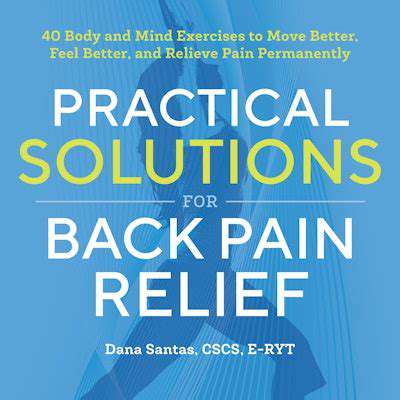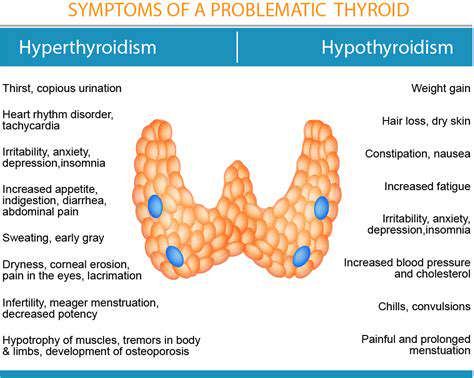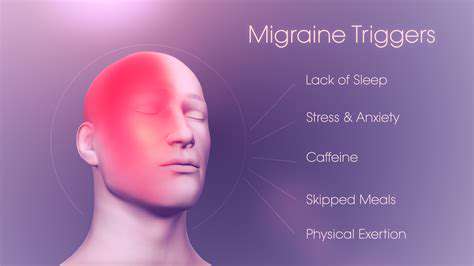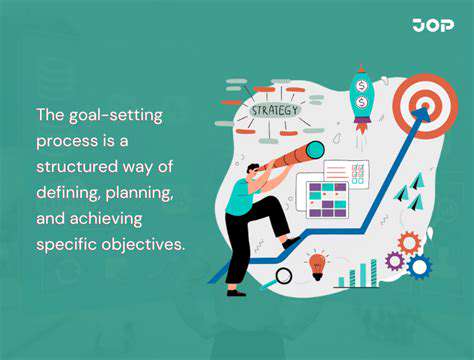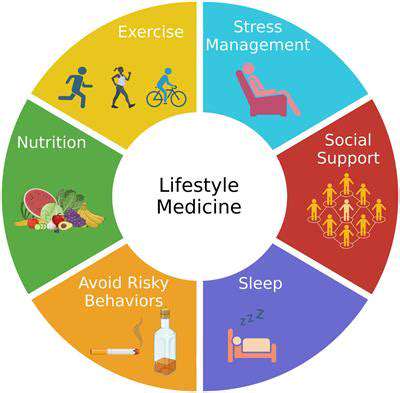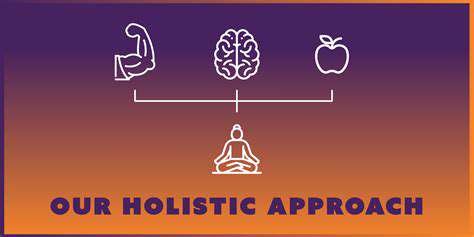Managing Migraines While Caring for Young Children
While migraines are unpredictable, establishing flexible routines helps maintain stability. Children thrive on predictability, so maintaining key anchor points (like consistent wake-up times) while building in adaptability creates security for the whole family.
Prioritizing Self-Care: A Necessity, Not a Luxury
Understanding the Importance of Self-Care
Self-care isn't selfish - it's survival when living with migraines. Parents often put their needs last, but this approach backfires with chronic pain conditions. Simple, consistent acts of self-preservation (like staying hydrated or taking medication at the first sign of an attack) make the difference between managing and being overwhelmed.
Recognizing the Impact of Migraines on Daily Life
Migraines don't just cause pain - they steal time, energy, and presence. A parent might physically be at their child's recital while mentally battling nausea and light sensitivity. Acknowledging these losses helps develop realistic expectations and appropriate self-care strategies.
Developing a Personalized Self-Care Routine
Effective self-care looks different for everyone. Some parents benefit from:- 10-minute meditation during naptime- Pre-prepped healthy snacks- Noise-canceling headphones for sensory breaks- Scheduled migraine recovery time after known triggers
Addressing Physical Well-being through Self-Care
Sleep quality directly impacts migraine frequency. Parents might need to:- Establish earlier bedtimes- Create sleep shifts with partners- Use blackout curtains and white noiseEven small improvements in sleep hygiene can yield significant migraine reduction.
Mental Wellness and Stress Management for Migraines
Parenting stress and migraines create a vicious cycle. Breaking it requires intentional stress-reduction:- Five-minute breathing exercises while kids play- Keeping a gratitude journal- Scheduling regular mental health minutes throughout the day
Emotional Well-being and Support Systems
Chronic pain can lead to depression and anxiety if unaddressed. Finding your people - whether through support groups or understanding friends - provides crucial emotional first aid. Many parents benefit from therapy focused on chronic illness management.

Managing Triggers and Lifestyle Adjustments

Understanding Trigger Identification
Tracking potential triggers requires detective work. Common parental triggers include:- Sleep deprivation- Dehydration- Missed meals- Sensory overload- Stress hormones from tantrums
Many parents discover their triggers are actually symptom amplifiers rather than root causes. Keeping detailed logs helps distinguish between true triggers and coincidental factors.
Developing Coping Mechanisms
Effective coping strategies account for parenting realities:- Portable ice packs for on-the-go relief- Pre-approved screen time for migraine days- Quiet time routines that benefit both parent and child- Emergency contact lists for when help is needed
Lifestyle Modifications for Trigger Management
Practical adjustments might include:- Meal prepping on good days- Noise-limiting earplugs- Flexible work arrangements- Migraine-friendly home lightingThese changes don't eliminate migraines but can reduce their frequency and severity.
Prioritizing Self-Care and Emotional Regulation
Emotional regulation skills benefit both migraine management and parenting. Techniques like:- Box breathing- Progressive muscle relaxation- Cognitive reframinghelp parents stay present despite pain.
Creating a Supportive Network
Building understanding takes education. Many parents create:- Migraine education sheets for caregivers- Code words with older children- Backup plans with trusted friendsThis preparation reduces stress when attacks occur.
Medication Management and Communication
Medication Management Strategies
Medication routines must adapt to parenting demands. Practical tips include:- Pill organizers with timers- Phone alerts for doses- Emergency medication kits in multiple locations- Clear instructions for caregivers
Communication with Healthcare Providers
Doctors need the full picture to help effectively. Before appointments:- Track migraine patterns- Note medication responses- List parenting-specific concerns- Prepare specific questionsThis ensures visits are productive despite time constraints.
Understanding Migraine Triggers in Parenthood
Parenting creates unique trigger patterns:- Hormonal changes from pregnancy/breastfeeding- Sleep disruption from nighttime parenting- Stress from behavioral challengesRecognizing these helps develop targeted prevention strategies.
Medication Storage and Safety
Childproofing goes beyond baby gates:- Lockable medication cases- Separate storage for abortive/preventive meds- Emergency protocols for accidental ingestion- Clear labeling of all medications
Lifestyle Adjustments for Migraine Management
Small changes create big impacts:- Hydration stations throughout the house- Healthy snacks within easy reach- Modified exercise routines- Sensory-friendly spaces
Seeking Support Systems
Asking for help isn't weakness - it's strategy. Consider:- Parenting/migraine support groups- Online communities- Local respite services- Therapy focused on chronic illness

